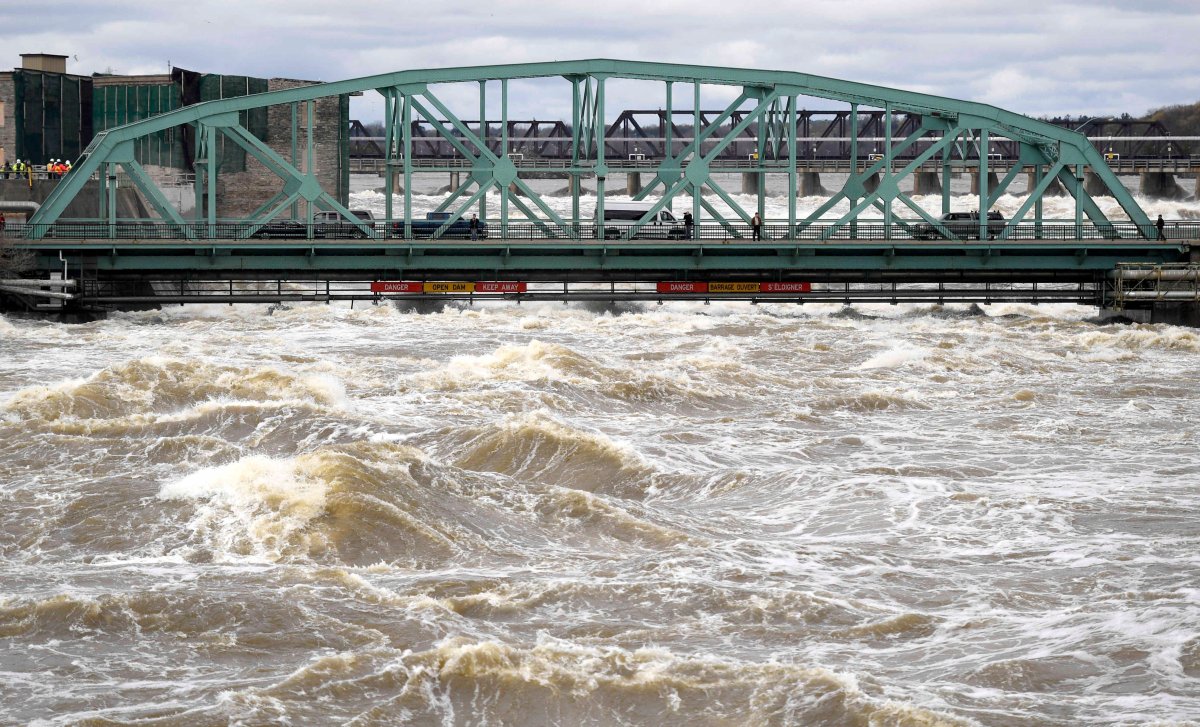A new report projecting the impacts of climate change in the National Capital Region says Ottawa residents can expect warmer temperatures, shorter winters and more precipitation in the decades ahead.

The National Capital Commission (NCC) and the City of Ottawa commissioned the report to improve the region’s resilience to extreme weather events and other impacts related to climate change. The NCC approved a five-year sustainability plan back in 2018, and Ottawa city council officially declared a climate emergency in the capital last year.
The report projects that, assuming global carbon emissions continue to grow at the current pace, Ottawa will likely see average temperatures 1.8 C warmer in the next three decades as compared to the study’s baseline time period of 1981-2010.

That same period would see 2.5 times more days over 30 C and 20 per cent fewer days with temperatures below -10 C.
On average, winters in the capital would be nearly a whole month shorter over that time period, with spring coming 2.5 weeks earlier. The amount of annual freeze-thaw after winters would rise by an average 15 per cent.
And while precipitation during the fall, winter and spring would rise by five per cent on average, the amount of snowfall would likely drop by 10 per cent over that time period.
More freezing rain and conditions conducive to more storms and even wildfires are also possible, according to the analysis.
- Trudeau tight-lipped on potential U.S. TikTok ban as key bill passes
- Canadian man dies during Texas Ironman event. Her widower wants answers as to why
- Hundreds mourn 16-year-old Halifax homicide victim: ‘The youth are feeling it’
- On the ‘frontline’: Toronto-area residents hiring security firms to fight auto theft
The report notes that these projections are based on a “high” global emissions scenario, but barring major worldwide intervention on carbon emissions, it’s unlikely actual outcomes will fall into the “moderate” territory.
Though the report cautions that the further analysis treads into the future the less certain its projections will be, it does note that the period from 2071-2100 could see average temperatures rise 5.3 C higher than the baseline years, with winters shortened by up to two months.
Though any analysis of the risks and vulnerabilities of specific sectors in Ottawa is expected to come in the next phase of the NCC and the city’s climate initiatives, the report did include general observations based on the trends identified.
These include increased impacts of flooding, threats to air quality, disruptions to the natural environment and changing cooling and heating demands in homes and office buildings.





Comments